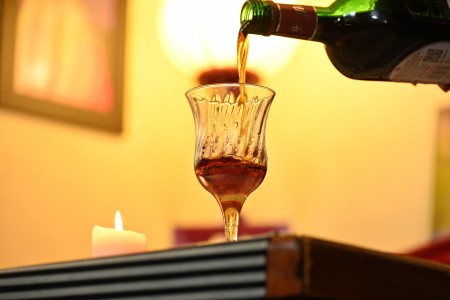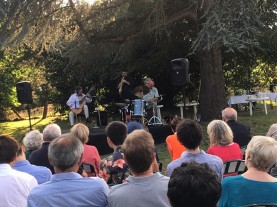
Les cocktails ont une place de plus en plus importante dans la culture française, avec une évolution marquée au cours des dernières décennies. Autrefois cantonné aux classiques comme le Martini, le Bloody Mary ou le Manhattan, l'univers des cocktails en France s'est largement diversifié, grâce à l'influence de mixologues créatifs et à une demande croissante pour des expériences de consommation uniques et sophistiquées.
Histoire et Évolution des Cocktails en France
Les cocktails sont apparus en France au début du 20e siècle, notamment grâce à l'influence américaine. Les bars à cocktails se sont multipliés après la Première Guerre mondiale, notamment à Paris, où des lieux emblématiques comme Harry's New York Bar ont popularisé des boissons comme le Bloody Mary et le Sidecar. Ces établissements sont devenus des points de rendez-vous pour les expatriés et les intellectuels, contribuant à la diffusion de la culture des cocktails.
Renaissance des Cocktails
Dans les années 1990 et 2000, la scène des cocktails en France a connu une véritable renaissance. Des bars spécialisés ont émergé, mettant en avant des créations originales et des techniques de mixologie avancées. Les bartenders français ont commencé à s'inspirer des tendances internationales tout en valorisant les produits locaux.
Les Ingrédients Locaux et Innovants
La France, avec sa richesse agricole et sa diversité de spiritueux, offre un terrain fertile pour la créativité en mixologie. Des ingrédients tels que le calvados, l'armagnac, et les liqueurs de fruits de différentes régions sont couramment utilisés dans les recettes de cocktails français. De plus, des ingrédients moins conventionnels comme les herbes fraîches, les fleurs comestibles et les infusions maison sont de plus en plus populaires.
Les Bars à Cocktails Émérites
Plusieurs bars à cocktails en France se sont distingués sur la scène internationale pour leur innovation et la qualité de leur service. Parmi eux, on trouve :
- **Le Syndicat (Paris)** : Connu pour son engagement à utiliser uniquement des ingrédients français, ce bar est un pionnier en matière de cocktails innovants.
- **Little Red Door (Paris)** : Réputé pour sa carte créative et son ambiance unique, ce bar est souvent classé parmi les meilleurs du monde.
- **La Maison Rouge (Strasbourg)** : Un établissement qui se démarque par son utilisation inventive des produits locaux et sa carte changeante.
Les Tendances Actuelles
1. **Retour aux Classiques** : Un regain d'intérêt pour les cocktails classiques, mais avec des twists modernes. Les bartenders redécouvrent des recettes oubliées et les adaptent avec des ingrédients contemporains.
2. **Durabilité et Écoresponsabilité** : L'utilisation de produits locaux, de saison et la réduction des déchets sont au cœur des préoccupations des bars à cocktails. Cela inclut la fabrication de sirops et d'infusions maison pour éviter les ingrédients industriels.
3. **Expériences Immersives** : Les bars à cocktails cherchent à offrir des expériences uniques à leurs clients, avec des décors immersifs et des services personnalisés.
Conclusion
La scène des cocktails en France est en pleine effervescence, portée par une nouvelle génération de bartenders passionnés et créatifs. L'accent mis sur les ingrédients locaux et durables, ainsi que l'innovation constante, font de la France un acteur majeur de la mixologie contemporaine. Les cocktails ne sont plus seulement des boissons, mais des expériences à part entière, reflétant la richesse et la diversité de la culture française.

 Posted by
Posted by



